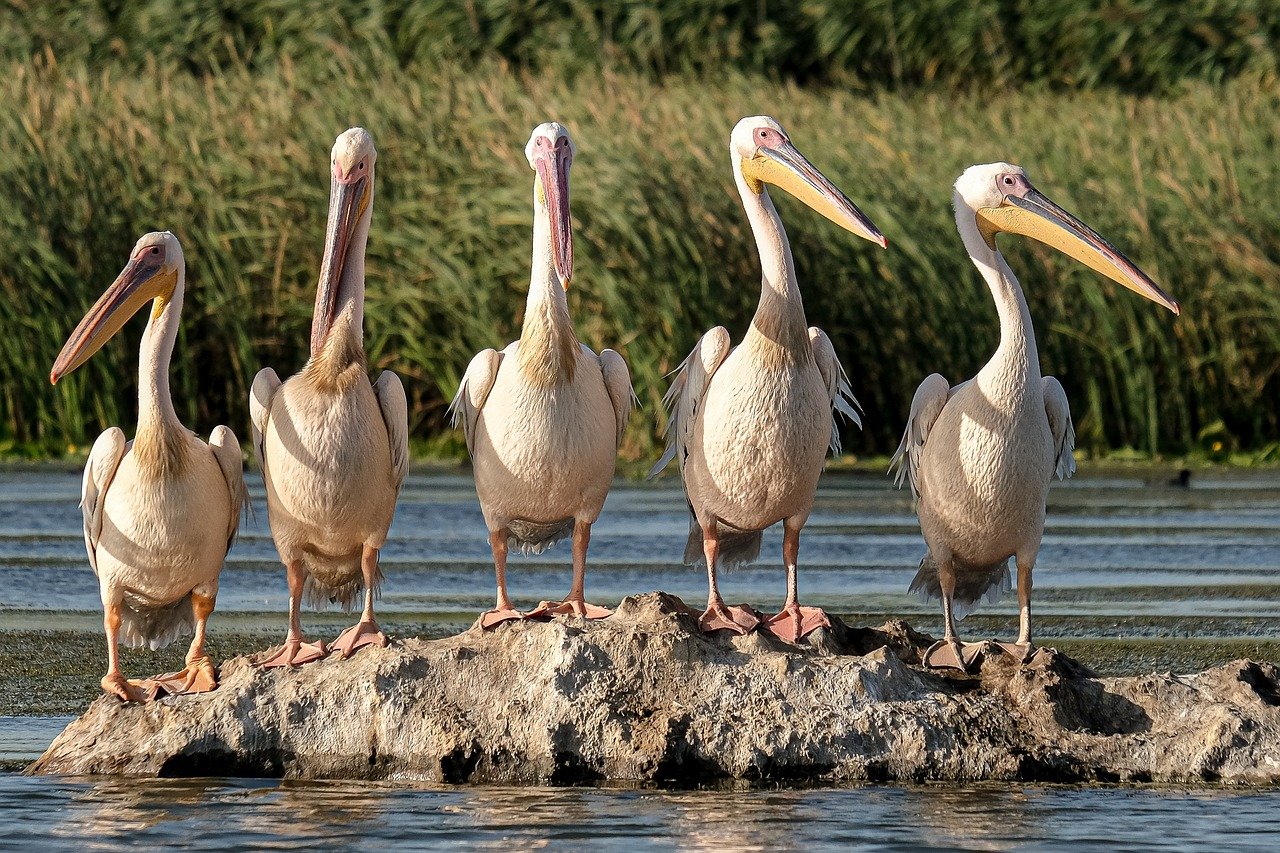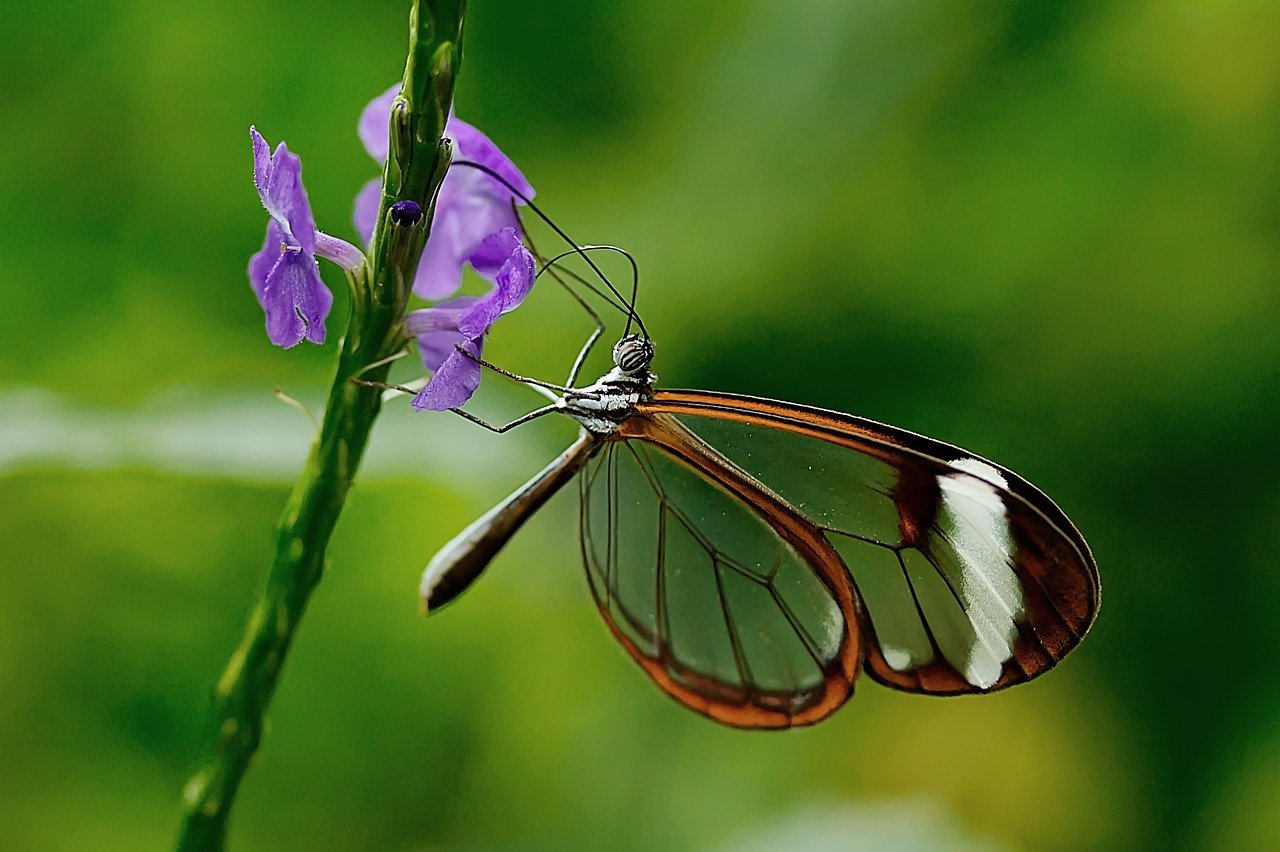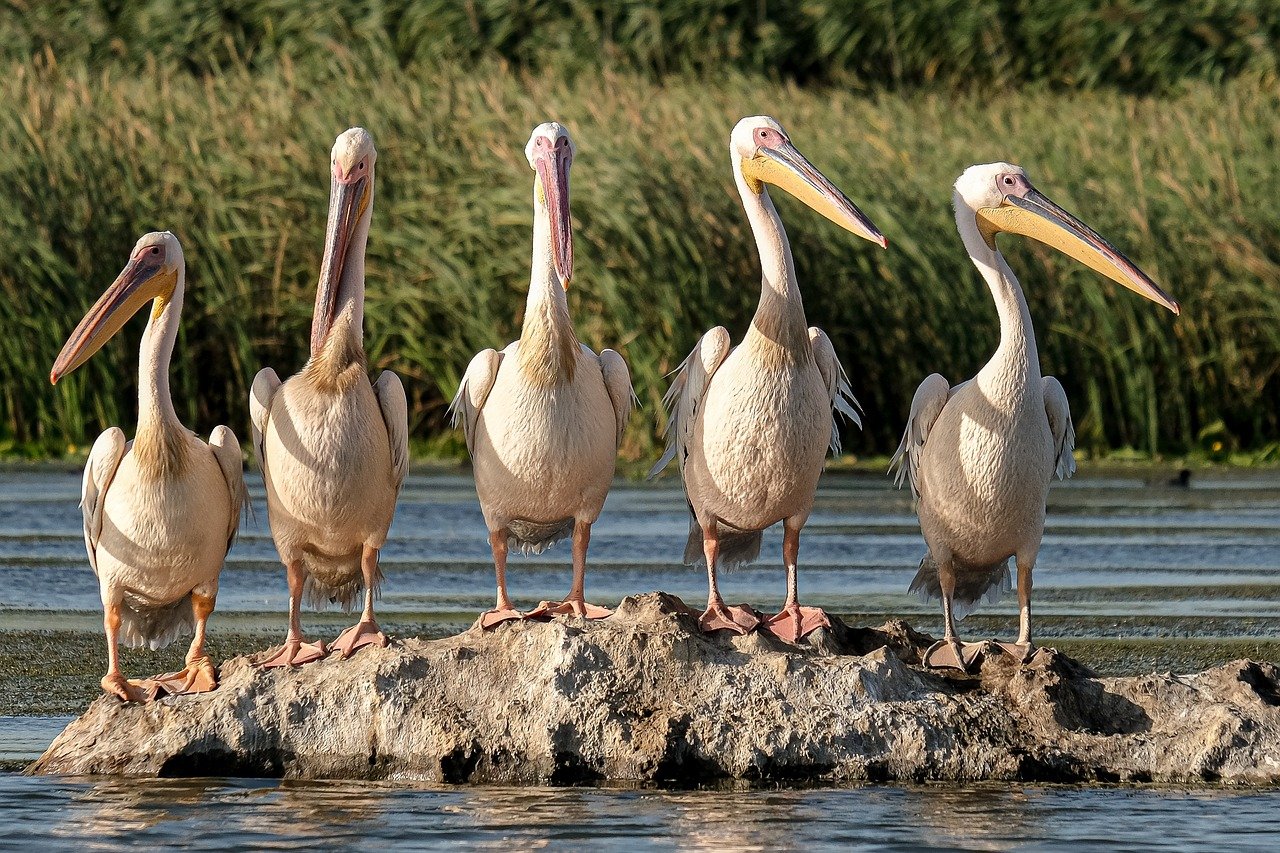The Powerful Role of Dogs in Conservation: Tracking Endangered Species and Combating Poaching
Conservation Canines: Remarkable Allies in Conservation Efforts
Conservation canines have a long history of working alongside humans in various capacities. Their keen sense of smell and exceptional tracking skills make them well-suited for tasks such as search and rescue operations, drug detection, and even bomb detection. However, it is their role in conservation that has truly showcased their remarkable abilities.
Tracking Endangered Species: Uncovering the Hidden
One of the key roles that dogs play in conservation is tracking endangered species. These remarkable animals have an incredible sense of smell, which allows them to detect the presence of rare or elusive animals that might otherwise go unnoticed. For example, dogs have been trained to track the scent of endangered species such as tigers, rhinos, and orangutans in dense forests, where human trackers would struggle to keep up.
Combating Poaching: A Powerful Ally
Another area where dogs are making a significant impact in conservation is in the detection of invasive species. Invasive species can have devastating effects on native ecosystems, often outcompeting native species for resources and disrupting delicate ecological balances. Dogs are being trained to detect the presence of invasive species, such as plants or insects, allowing conservationists to take action before these species become established and cause irreparable damage.
Dogs in the Fight Against Poaching
Dogs have proven to be invaluable allies in the fight against poaching. Their exceptional olfactory abilities allow them to detect the presence of illegal wildlife products, even when hidden or disguised. This makes them an essential tool for law enforcement agencies and conservation organizations working to combat the illegal wildlife trade.
Extraordinary Abilities of Conservation Canines
What sets conservation canines apart from other animals and even humans is their extraordinary sense of smell. Dogs have up to 300 million olfactory receptors, compared to a mere 6 million in humans. This allows them to detect scents with incredible precision and accuracy.
Contributions to Wildlife Research and Monitoring
Conservation canines have also made a significant impact in the field of wildlife research and monitoring. In various parts of the world, these highly trained dogs have assisted scientists in collecting valuable data on elusive and endangered species.
Disaster Response and Search and Rescue Operations
In addition to their use in conservation efforts, conservation canines are also being utilized in disaster response and search and rescue operations. Their keen sense of smell and agility make them invaluable in locating missing persons and detecting survivors in the aftermath of natural disasters.
The Future of Conservation Canines
Looking ahead, the future of conservation canines holds great promise. With ongoing research and advancements in technology, dogs will continue to play a vital role in protecting and preserving our natural world. Their extraordinary abilities and unwavering dedication make them true heroes in the fight against environmental degradation and species extinction.












